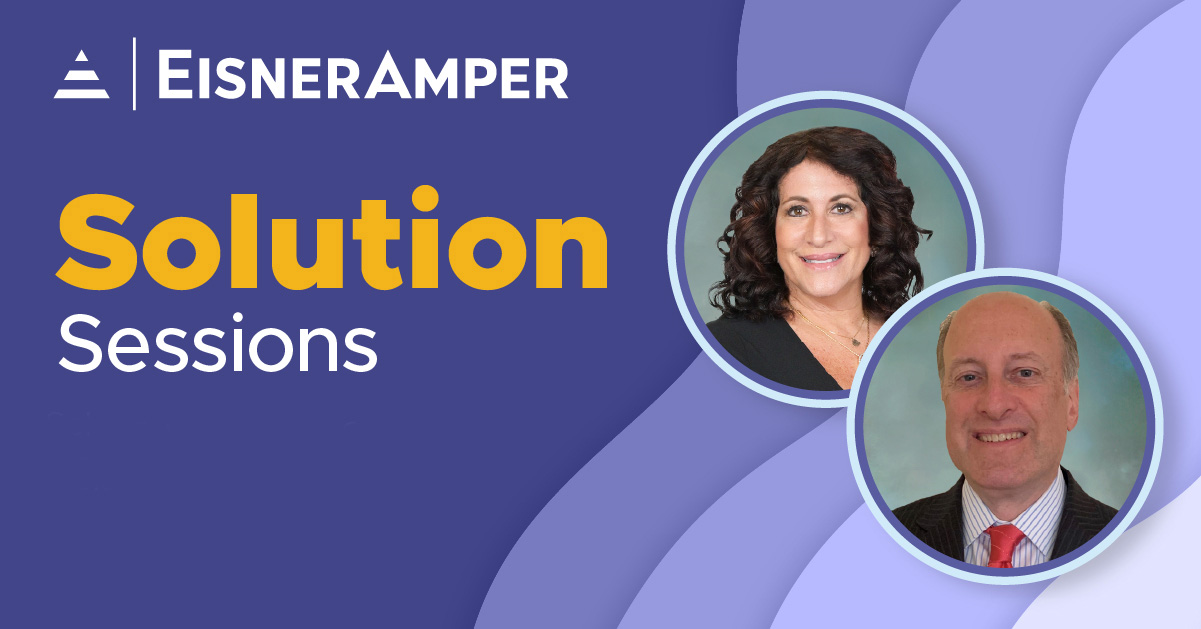Trends Family Office Transition
- Published
- Nov 18, 2021
- Share
Know best practices from financial education and investing guiding principles to look out for when a transition occurs. Transition should happen with the family, not to the family.
OUR CURRENT ISSUE OF RISE (Real Ideas to Stimulate Engagement)
Transcript
Natalie McVeigh: One of the trends that we're seeing in family office really has to do with transitioning to the next generation. And we're finding more and more that it might not be an intra-family tradition from the CEO or the management team. It really might be an intra-family transition to a governing body, a board, an investment committee, you name it. And the question often arises with my clients. "Well, if other people are operating the family office, is it really a family transition?" And it is because most family offices are owned and benefit the next generation, but they don't know anything about it. They haven't been involved in how it's created, how it's investing and what it's doing.
So there are a couple ways we interact with family offices to ensure that that transition happens really smoothly. One is financial education. Financial education is really important because the way that we look at investing is very different than the way we might look at an operating company. The skillsets are different looking at a portfolio, understanding an investor's lens, which is a long-time horizon versus a short-term gain as a trader.
The other area that we really help in this... support in this transition is to create investment guiding principles. That next generation may have, often does have different ideas of where that money should be put, how that money should be used. Sometimes we see families who've gained wealth through doing one thing, and yet they give away money with their other arm to really challenge the work that might be done.
For example, although we are industry agnostic, if you're in oil and gas, you might think that's less sustainable, and you might be giving to national forest as an opportunity. So we help the family consider their investing guiding principles, which says, "What do we care about? How do we create wealth through the means that we find meaningful, that can give us a valuable return on investment. And also how do we as a group, instead of one person, think about our risk tolerances? Are we more risk averse? Are we more likely to take risk?" And we spend time as a group working through our investment guiding principles to help support the next generation so that they can govern more effectively.
What's on Your Mind?
Start a conversation with Natalie
Receive the latest business insights, analysis, and perspectives from EisnerAmper professionals.











